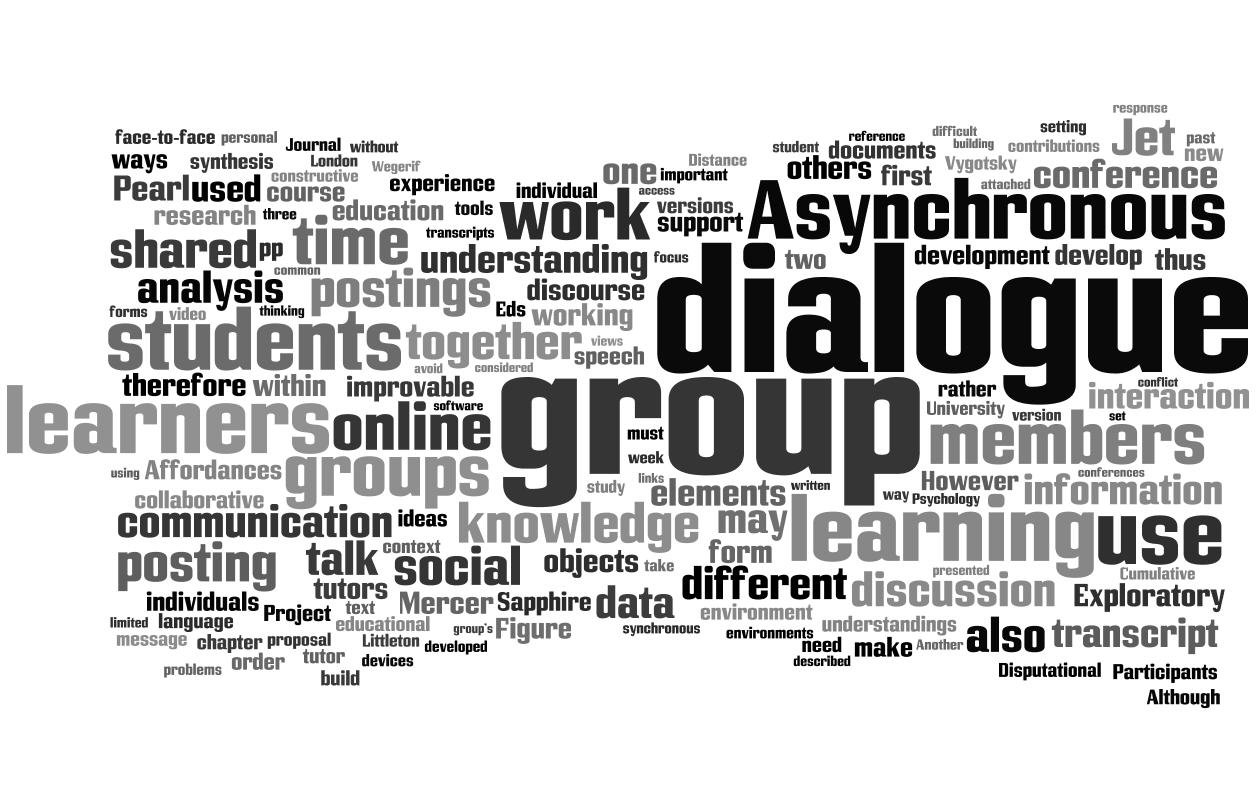I’m thinking about the conclusion to my PhD, so I’ve returned to the literature on what examiners are looking for. Stephen Potter’s book ‘Doing Postgraduate Research’ contains a list of potential viva questions, so I’m going to think about how I could answer those, and then see which elements of my answers will fit comfortably within my conclusion. I’ve included the questions below, ordered according to the section of the thesis I feel they are focused on.
Some of the questions are easy to answer, but some are tricky. I’ll have to give some thought to the issue of how I have evaluated my research. Hmm.
Abstract
What have you done that merits a PhD?
In one sentence, what is your thesis?
What is your original contribution to knowledge in your subject area?
What are the main achievements of your research?
Intro
Why were you interested in this research topic?
Literature review
What are the main issues and debates in this subject area? How does your research relate to these?
Which are the three most important papers which relate to your thesis?
Who has had the strongest influence in the development of your subject area in theory and practice?
What published work is closest to what you have done? How is your work different?
What are the most recent major developments in your area?
Methodology
What were the crucial research decisions you made?
Why did you use the particular research methodology in your thesis?
What are the alternatives to the approach or method you used?
What did you gain by the approach or method you used?
What would you have gained by using another approach?
Were there any ethical implications relating to your research? How did you deal with them?
What would you do differently if you could do your thesis again?
How have you evaluated your work?
How do you know that your findings are correct?
Analysis
Summarise your key findings. What was the most interesting to you?
How do your findings relate to the literature on the subject?
Conclusion
Whom do you think would be most interested in your work?
Have you thought about publications? Which journals are appropriate?
How long-term is your contribution?
What do you see as the next steps in this research?
If you were given money tomorrow to continue your research, what would you do?
Personal summary
What advice would you give to a new research student entering this topic area?
Has your view of your research topic changed during the course of the research?
What have you learnt from your research experience?
Potter, S., & Swift, J. (2006). The examination process and the viva. In S. Potter (Ed.), Doing Postgraduate Research (Second ed., pp. 251-275): The Open University / Sage Publications Ltd
